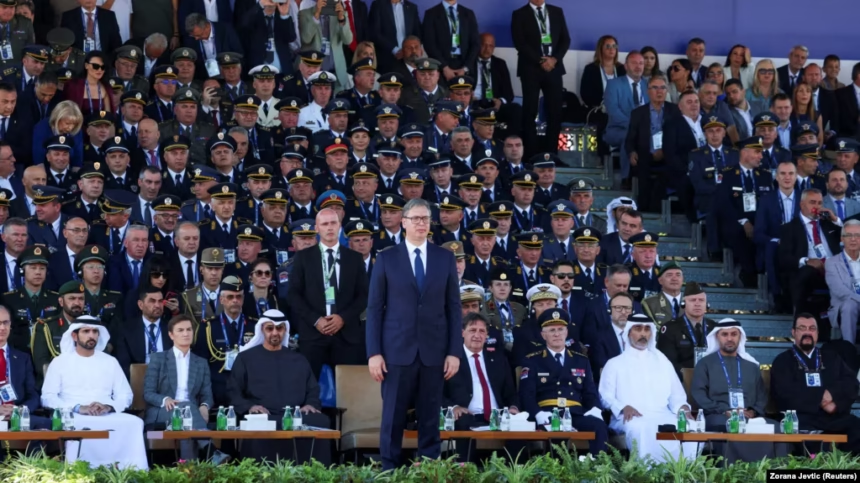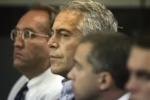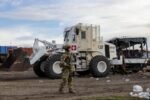Proposed amendments to the Law on the Serbian Armed Forces have raised questions about whether the changes formalize a stronger role for the President of Serbia in military command.
The amendments specify that the Chief of the General Staff will command the military “in accordance with the decisions of the President of Serbia.” Critics argue that this gives the president a more direct influence over operational decisions.
“This creates a closer link, giving the president direct influence over the Chief of the General Staff,” said Predrag Petrović from the Belgrade Center for Security Policy (BCBP). “In practice, such a system has already existed informally for years.”
Military analyst Aleksandar Radić noted that while the amendments carry some weight, they do not introduce anything fundamentally new. The Serbian military leadership has historically followed presidential decisions, law or no law.
President Aleksandar Vučić, whose Serbian Progressive Party (SNS) has been in power since 2012, serves his second term. According to Radić, the military top brass is expected to act loyally to the president, and this requirement has long been in effect.
Government Response
Officials dismiss the criticisms as malicious and tendentious. Defense Minister Bratislav Gašić stated that the proposed amendments do not increase presidential authority over the armed forces.
“The president’s competencies regarding the use and command of the Serbian Armed Forces, in peace or wartime, have not been changed or expanded in any way since the adoption of the 2006 Constitution,” Gašić said on 24 November.
Previously, Article 19 of the Law stated that the military is commanded by the Chief of the General Staff and senior officers according to the law and internal command acts. The proposed text adds the president’s decisions as a reference point.
Petrović emphasized the distinction between strategic oversight and operational command.
“The president is responsible for setting the foundations of military development, while operational decisions are made by the Chief of the General Staff and professional officers,” he explained.
Critics argue the real aim is to enforce loyalty to the president, giving him quicker and more decisive influence over Serbia’s security apparatus—an unusual practice in parliamentary democracies.
Other Key Amendments
The bill also addresses the status of professional soldiers, including the possibility of permanent contracts, a matter largely ignored until now. Radić said these measures likely serve political purposes, consolidating SNS support within the military.
Serbia remains a professional military state since abolishing compulsory service 14 years ago and maintains military neutrality, as reaffirmed in the 2019 National Security and Defense Strategies. Plans to reintroduce conscription have not been included in the proposed changes.







